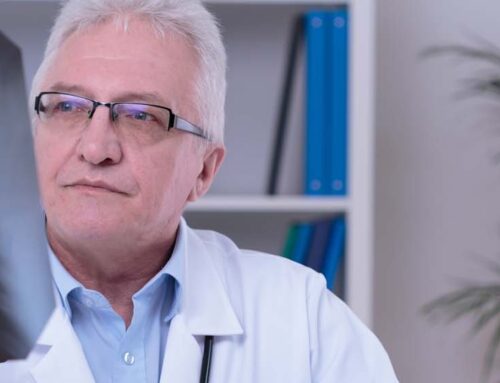 If you ask the average person-on-the-street exactly what he or she thinks causes lung cancer, they are likely to answer “tobacco smoking.” In spite of the fact that the American Cancer Society has stated that 25 percent of lung cancer patients have never smoked, the idea that this disease is self-inflicted through cigarettes is widespread. This opinion has caused certain dark connotations within our society.
If you ask the average person-on-the-street exactly what he or she thinks causes lung cancer, they are likely to answer “tobacco smoking.” In spite of the fact that the American Cancer Society has stated that 25 percent of lung cancer patients have never smoked, the idea that this disease is self-inflicted through cigarettes is widespread. This opinion has caused certain dark connotations within our society.
In the face of fighting the biggest cancer killer of humanity, the lung cancer patient must also fight guilt and social stigma, even though he or she might never have smoked.
In spite of research by the World Health Organization, which has identified air pollution and genetics as causes for the disease, patients feel like friends, family and even health care providers are prejudiced against them.
At Michigan State University, Rebecca Lehto, has spearheaded a study “consisting of lung cancer patients, primarily smokers, between the ages of 51 to 79 years old.” Her work spotlights the stigmas felt by lung cancer patients. In addition to documenting the stigma felt by these patients, her study suggests ways that health care providers can assist in discounting the emotional price of a judgmental society.
Rebecca Lehto explained that it felt shocking and dismaying when patients revealed to her that they felt their disease “just gets shoved under the rug.” As the project leader and an assistant professor with MSU’s College of Nursing, she added, “Patients in one of the focus groups actually associated lung cancer with a black ribbon.”
At FLASS we agree with Lehto’s assessment that, “No matter how a patient gets lung cancer, it shouldn’t affect the care they receive or the role empathy should play.”
Her work was recently published in the European Journal of Oncology Nursing.
Lehto is focusing her efforts to combat the stigma of lung cancer four ways:
1. She hopes to raise awareness, not only among the public, but especially among doctors and health care professionals “about the additional burden stigma places on patients.”
2. She is planning to research and create patient care strategies that will fortify coping skills for lung cancer patients.
3. She and others like her, including the Florida Lung, Asthma and Sleep Specialists, continue to enhance the patient’s ability to manage their symptoms.
“Understanding a disease from the patient’s perspective is essential to providing the best medical care to anyone,” she said.
Instead of relying on surveys, which is typical of this style of research, Lehto’s “hands on” approach to her research included therapeutic group discussions among small groups of lung patients.
 According to the study, what does the lung cancer sufferer feel? Participants revealed “self-blame, anger, regret and alienation, relative to family and societal interactions.”
According to the study, what does the lung cancer sufferer feel? Participants revealed “self-blame, anger, regret and alienation, relative to family and societal interactions.”
FLASS feels that the saddest revelations of the groups, were the feelings of discomfort patients expressed about discussing their cases and treatment plans with their own doctors and care-givers. Some of them even expressed a belief that their smoking background compromised their health care.
We invite you to discover more about our patient-centric environment by clicking and reading this recent blog.
Florida Lung, Asthma, and Sleep Specialists is a patient-centered organization. We strive to understand lung disease from a patient’s perspective, without bias or judgment. We are proud that Lehto will continue her research to help patients and care-givers alike battle the stigma of this terrible disease.





